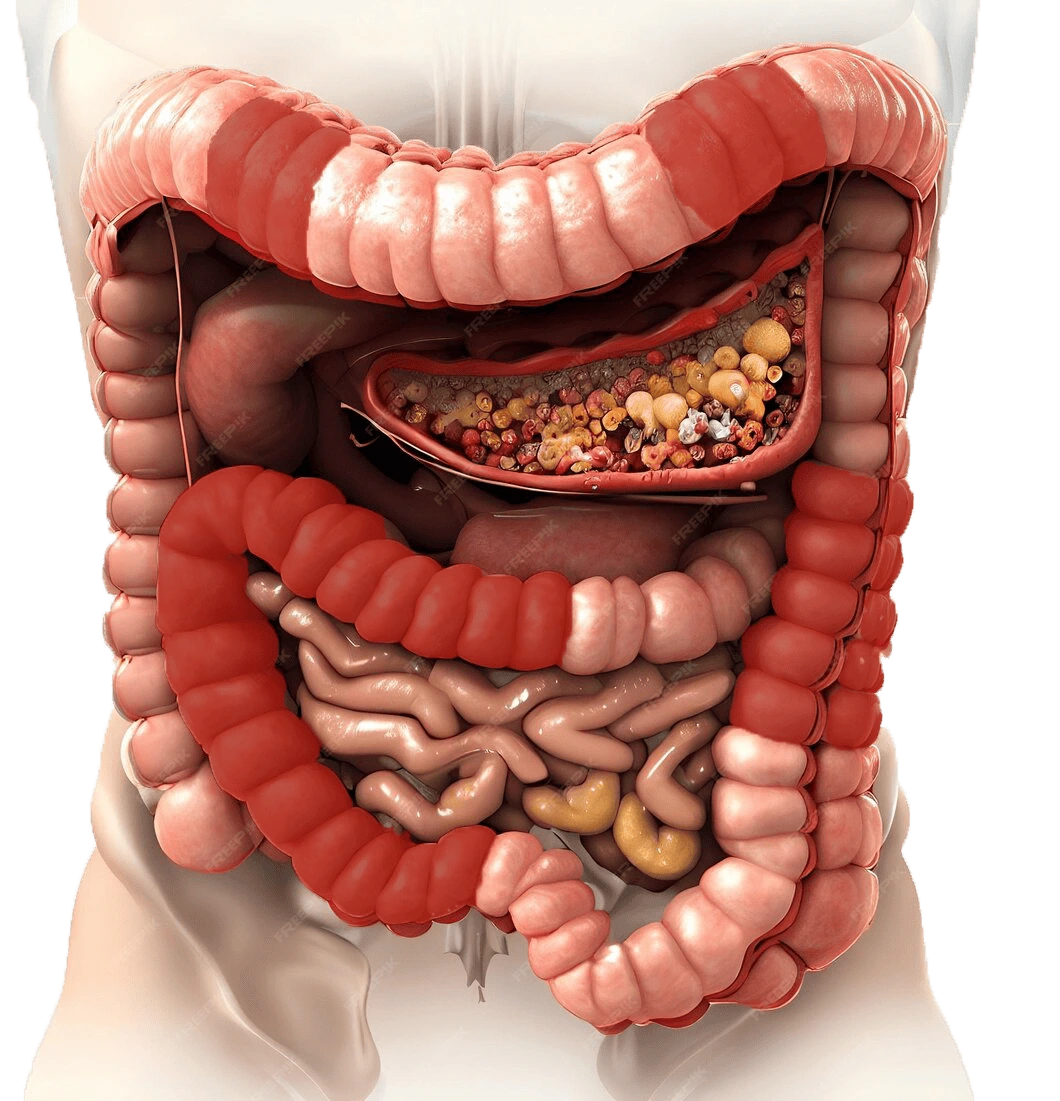Crohn's Symptoms
What are the symptoms of Crohn's Disease
Fever
Persistent elevated body temperature.
Tiredness
Overwhelming tiredness.
Diarrhoea
Frequent loose bowel movements.

Shortness of Breath
Difficulty in breathing.
Stomach Cramps
Generalized muscular discomfort.
Weight Loss
Unexplained weight reduction.
Watch for symptoms
Common Symptoms
If you experience symptoms such as fever, fatigue, diarrhea, weight loss, body aches, or shortness of breath, seek immediate medical attention. Early intervention is crucial. Consult a knowledgeable physician for proper diagnosis and initiate the recommended treatments to manage Crohn’s disease effectively.
- Fever
- Fatigue
- Diarrhoea
- Loss of Weight
- Body aches
- Shortness of breath
What to do
if you have symptoms
In the event of symptoms, swift action is paramount. Early intervention profoundly impacts prognosis and quality of life. The book offers comprehensive guidance on recognizing signs and immediate steps for optimal outcomes. Don’t hesitate; a timely response can make a crucial difference in managing and mitigating the effects of Crohn’s disease.
- Don't ignore warning signs. Promptly seek expert guidance if you notice symptoms. Early action is your best defense against Crohn's challenges.
- Consult Professional healthcare promptly for an accurate diagnosis.
Crohn's Prevention
How to Prevent yourself
Remember, informed choices and early actions play a pivotal role in preventing and managing Crohn’s disease effectively. Adopt healthy practices to minimize the risk.

Breastfeeding
Breastfeeding for at first three-four weeks of a baby’s life to protect the newborn from acquiring Crohn’s disease at a future date. After four weeks, milk-based formula can be used.

Avoid Contaminated Formula
If not certified as being MAP-free, use infant formula that is not milk-based for the first three-four weeks of a baby’s life.

Dietary Changes
If you have Crohn’s disease make unadulterated foods your medicine. Avoid all milk-based products and meat from animals that eat grass.

Boost Immune System
Incorporate supplements and selected foods that enhance your immune system.

